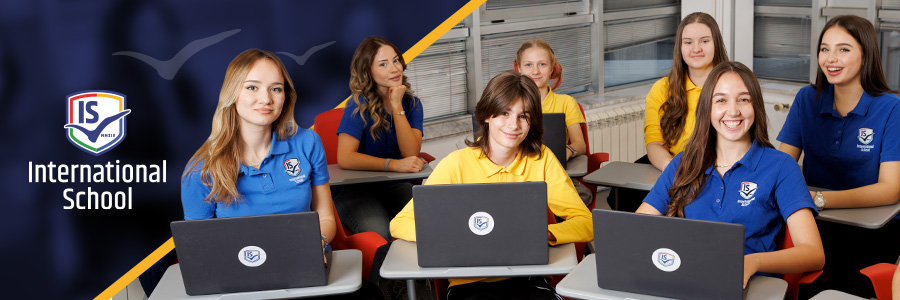At International School, effort and achievement are recognised — and rewarded. The Honours Class is our selective, distinctive programme for students of exceptional potential and results; membership is granted exclusively to carefully selected candidates with demonstrably high achievement — 75%+ in Cambridge IGCSE examinations.
The programme deliberately goes beyond regular teaching and introduces deeper, research-grounded learning at the crossroads of finance, entrepreneurship, technology, global studies and interdisciplinary STEM, with a clearly defined ethical dimension and leadership with integrity.





